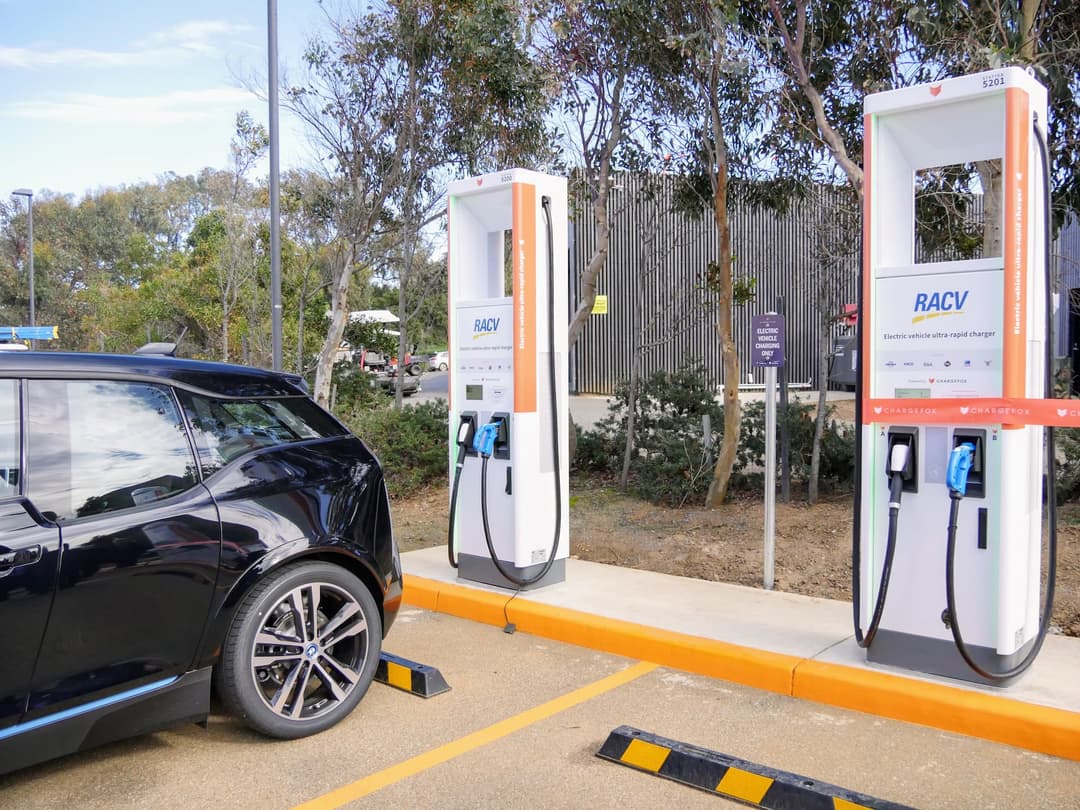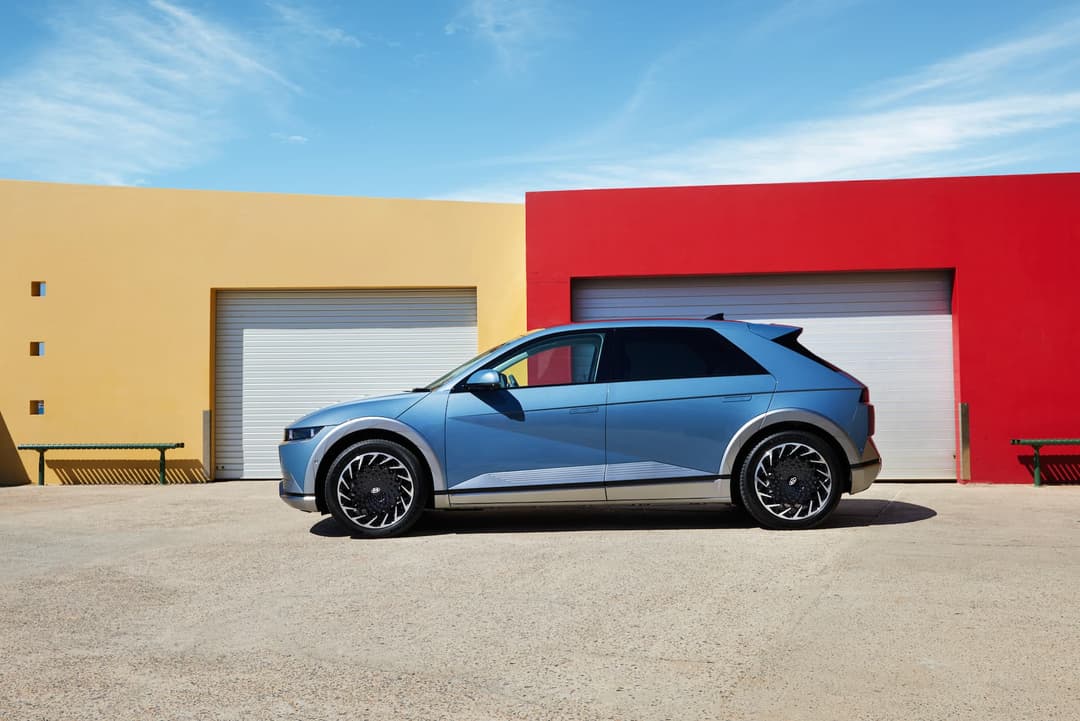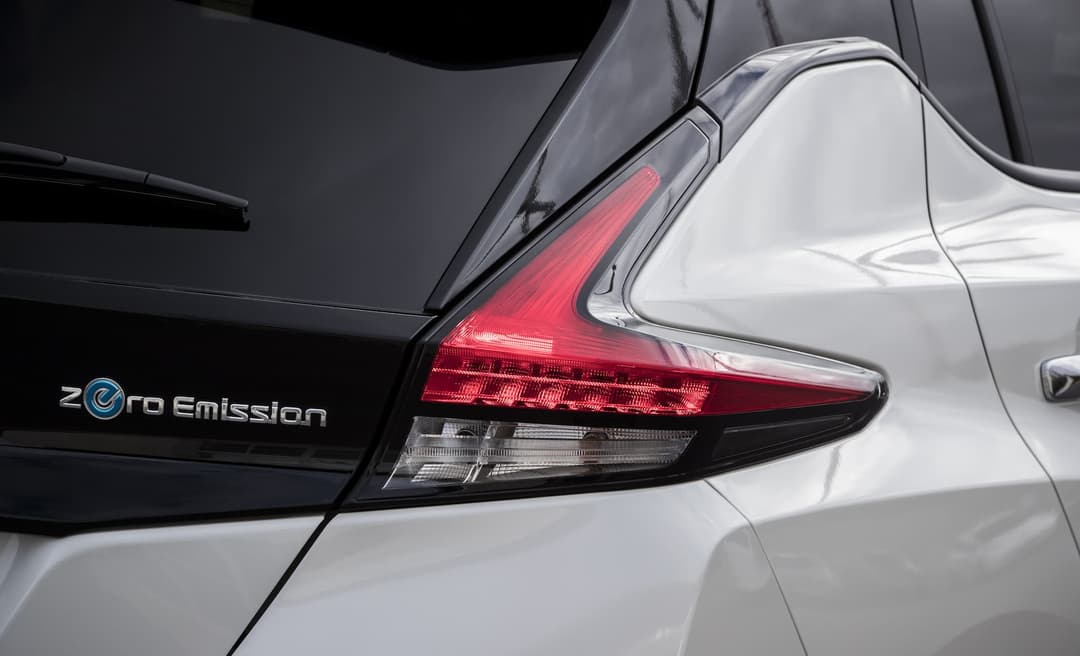
If Australia ambitiously transitions to 100 per cent zero emission vehicles (ZEVs) and increased bus usage by 2035, it could save $492 billion in health expenses.
That’s according to a report by the Australian Conservation Foundation (ACF), commissioned by research firm Deloitte.
It projected significant cost impacts to Australia’s health system, depending on the nation’s roadmap in the ZEV transition.

Image courtesy Chargefox
The study reveals if the current rate of ZEV uptake remains, it’ll incur nearly $865 billion in health costs for air, water and noise pollution, and greenhouse gas emissions between 2022 and 2050.
In contrast, a gradual ZEV uptake of 26 per cent in the private fleet by 2030 and 100 per cent of the fleet by 2050 would only cost $233 billion to the health sector.
This scenario is most realistic in line with current state and territory policies, and assumes a rapid shift for ZEV price parity with internal combustion engine (ICE) vehicles from 2045.
Additionally, if the shift was faster at 28 per cent ZEV private vehicle share by 2030, emissions-free public transport vehicles by 2030 and reach 100 per cent net zero by 2045, then it could save $335 billion in avoidable costs.

Finally, the most ambitious model envisions a swift transition to 100 per cent net zero emissions private and public transport by 2035, saving a whopping $492 billion in health expenses.
It assumes rapid cost reductions in battery technology and increased patronage on electric buses at around 10 per cent.
ACF economy and democracy program manager Matt Rose said Australia is lagging behind in electric vehicle uptake and losing out on “obvious” savings.
“If Australian leaders are looking for ways to cut emissions this decade and are serious about reaching net zero by 2050 then setting strong policy on electric vehicles is a vital and practical solution,” Mr Rose said.
“Electric vehicles have proven technology to reduce emissions and makes the air we all breathe cleaner.
“They should be an integral part of every government and businesses plan to reduce emissions and also be made affordable to all Australians,” he said.

Despite this, the uptake of electric vehicles is rising. More than 3500 EVs have been sold year-to-date (to September 2021, excluding Tesla), which is up 191 per cent from last year.
That’s thanks in part to the availability of more EV models like the MG ZS EV, refreshed Tesla Model 3 and Mercedes-Benz EQA, plus the introduction of some state and territory EV incentives like rebates, stamp duty exemptions, and free registration for more affordable models.
The market share of EVs in Australia currently sits at around 1.5 per cent.
About the author
Stay up to date with the latest EV news
- Get the latest news and update
- New EV model releases
- Get money savings-deal

